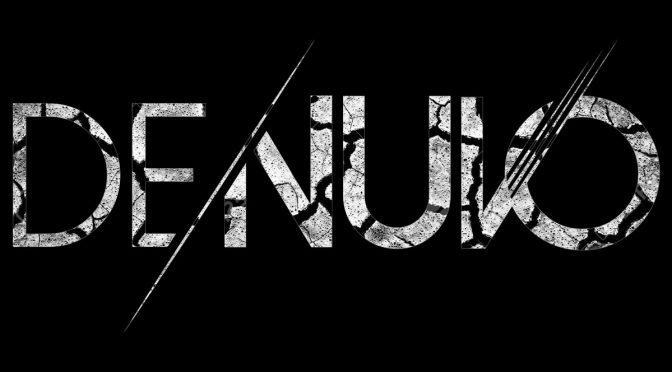It appears that the latest version of the Denuvo anti-tamper tech that has been protecting the latest PC games such as Yakuza 0, Monster Hunter World, Dragon Quest XI and Shadow of the Tomb Raider has been cracked.
A certain hacking group was able to crack F1 2018 which uses the latest version of the Denuvo anti-tamper tech. Since this version, which some call Denuvo 4.9, has been successfully cracked, this hacking group may also crack some other triple-A games that were safe all this time. This also means that Denuvo will have to adjust its code for its anti-tamper tech in order to prevent these hacks in a new version of it.
This version of the Denuvo anti-tamper tech was originally bypassed by Voksi almost a month ago, who Denuvo went after. Back in July, Voksi said that Denuvo filed a case against him to the Bulgarian authorities and police came two days ago and took the server and his personal PC. Voksi is no longer working on games cracks, however other groups arose in order to fill that gap.
The good news for Denuvo is that these proper scene cracks have not been made available to the public as early as Voksi’s workarounds were. As such, Denuvo’s anti-tamper tech was able to protect all the aforementioned titles, though it will be interesting to see whether the hacking group will be able to crack Shadow of the Tomb Raider sooner than expected.
As always, we won’t allow links to pirated content and those who share such links will be banned!

John is the founder and Editor in Chief at DSOGaming. He is a PC gaming fan and highly supports the modding and indie communities. Before creating DSOGaming, John worked on numerous gaming websites. While he is a die-hard PC gamer, his gaming roots can be found on consoles. John loved – and still does – the 16-bit consoles, and considers SNES to be one of the best consoles. Still, the PC platform won him over consoles. That was mainly due to 3DFX and its iconic dedicated 3D accelerator graphics card, Voodoo 2. John has also written a higher degree thesis on the “The Evolution of PC graphics cards.”
Contact: Email

